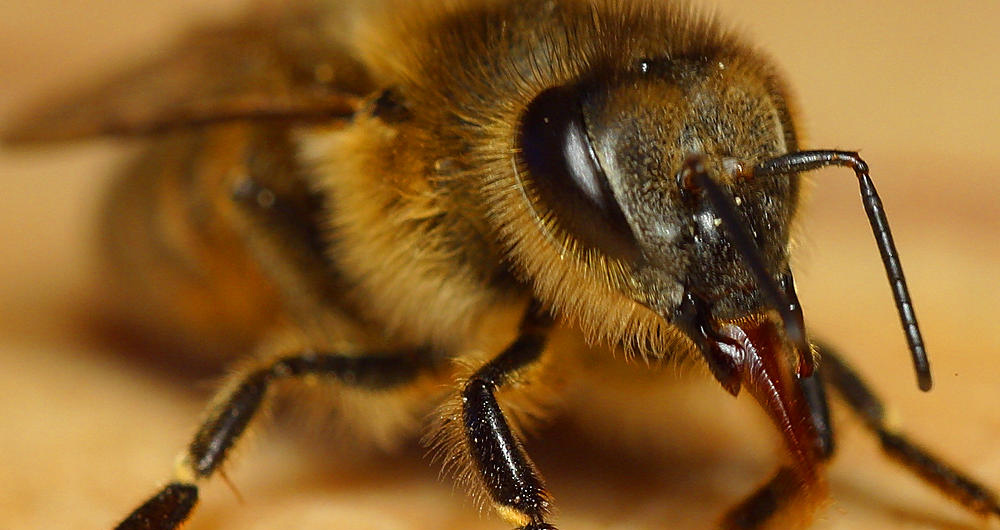
The discovery of the varroa mite on a ship which docked in Melbourne in June has growers and beekeepers concerned, but why?
First published in our 5 July 2018 print edition.
Agriculture Victoria “treated” what was reportedly a small colony of affected European honey bees on board the ship.
ADVERTISEMENT
But what does this have to do with us, and what even is the varroa mite? We asked West Gippsland apiarist William Rogers, but be warned: this gets gruesome.
“The varroa destructor mite is a parasitic mite,” William explained.
“It’s quite a large mite which actually impedes the ability of bees to do their job. On the human body, it would be a parasite the size of a rabbit.
“The mites actually get in the hive, lay eggs in the cells with the baby bees, and they develop and suck the baby bees’ blood while they’re growing, which can lead to deformities.”
ADVERTISEMENT
Yikes. And it doesn’t stop there.
“The main issue is they are a disease carrier,” William said.
“They carry multiple diseases at the same time.”
In other parts of the world, Varroa destructor has had catastrophic consequences for European honey bees and growers who rely on them pollinating their crops.
“When our farmers have any kind of crop which requires honey bee pollination, like almonds and apples and so forth, there are quite a number of wild bee populations nearby which assist.
“If those bee populations were hit with the varroa destructor mite and they all collapse, we could be losing 90-95 per cent of our wild bee populations, which will dramatically affect the rate of pollination.”
Varroa destructor isn’t found in Australia. Well, not yet at least. Had the ship’s crew not noticed the colony and alerted Agriculture Victoria this might be a very different story.
“To be quite honest, we’re fairly lucky it’s the middle of winter here where bees are not that active, so with the drop in temperature on the boat coming over here it’s very unlikely they would have left the boat,” William said.
ADVERTISEMENT
“The problem is, the government itself isn’t doing as much as it could. It has been the actual industry which has been financing a fair amount of biosecurity work. The Australian honey bee industry has self-imposed a levy on honey that’s produced here in Australia, and those funds go directly to biosecurity efforts.”
So, apart from not importing bees to Australia, what can you do to support local beekeepers and growers?
“Buy any Australian-produced honey; a portion of those funds will go to the biosecurity efforts.”





